What Causes Low Testosterone
Introduction
Testosterone is an important hormone for males, responsible for developing their reproductive system, building muscle mass, and maintaining bone density. It also affects mood and cognitive function. However, it’s not uncommon for young males to experience low testosterone levels.
This condition can cause a range of symptoms, from decreased sex drive to fatigue and depression. If you’re a young male experiencing these symptoms, it’s essential to understand what causes low testosterone in young males and how you can address the issue.
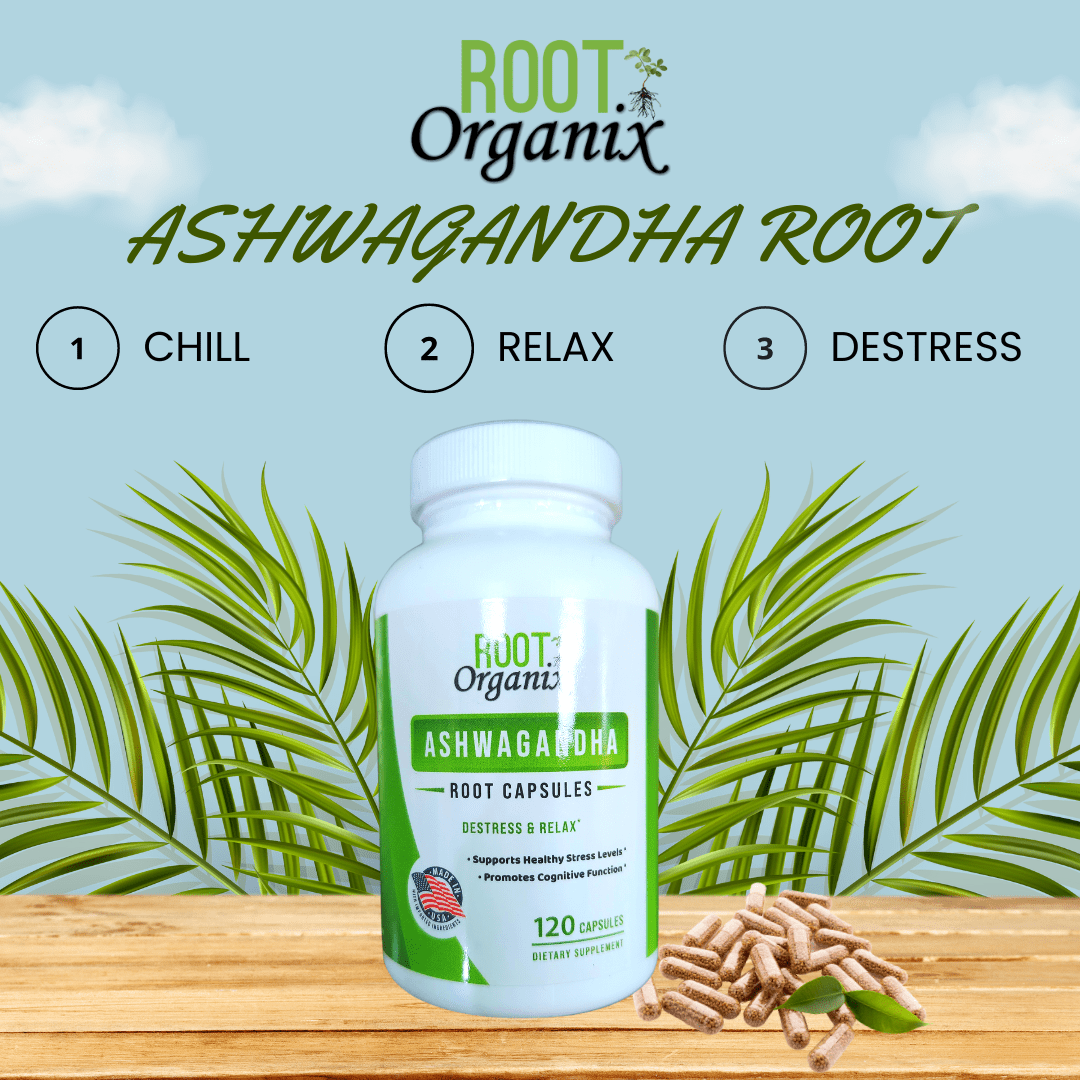
Common Causes
There are several possible factors that can contribute to low testosterone levels in young males. Here are some of the most common:
1. Obesity
Obesity is a major risk factor for low testosterone levels in young males. Excess body fat can interfere with hormone production, leading to decreased testosterone levels. In addition, obesity is often associated with insulin resistance, which can further impact testosterone production.
2. Chronic Stress
Chronic stress can also contribute to low testosterone levels in young males. When you’re under stress, your body produces cortisol, a hormone that can interfere with testosterone production. Chronic stress can also lead to fatigue and burnout, which can further impact your hormone levels.
3. Sleep Deprivation
Sleep is essential for hormone production, and inadequate sleep can lead to decreased testosterone levels. Studies have shown that young males who don’t get enough sleep may experience a decline in testosterone levels.
4. Medications
Certain medications can also contribute to low testosterone levels in young males. For example, opioid pain medications can interfere with hormone production, as can some antidepressants and antipsychotics.
5. Medical Conditions
Certain medical conditions can also lead to low testosterone levels in young males. These include:
- Hypogonadism: A condition in which the testes don’t produce enough testosterone
- Pituitary gland disorders: The pituitary gland produces hormones that regulate testosterone production, and disorders of this gland can impact hormone levels
- Diabetes: Diabetes can interfere with hormone production and lead to low testosterone levels
- HIV/AIDS: The virus that causes AIDS can impact hormone production and lead to decreased testosterone levels

Potential Side Effects Of Low T Levels
Low testosterone, or hypogonadism, can have a range of significant side effects that affect men both physically and mentally. Physically, one of the most noticeable impacts is a decrease in muscle mass and strength.
This can lead to fatigue and a reduced capacity for physical activity, impacting daily life and overall health. Men with low testosterone may also experience changes in body composition, with an increase in body fat and a reduction in lean muscle mass, which can contribute to weight gain.
Low testosterone can have detrimental effects on sexual health and function as well. Men may experience a reduced libido, erectile dysfunction, and difficulty achieving or maintaining an erection. These issues can significantly impact a man’s self-esteem, confidence, and overall quality of life. Beyond the physical effects, low testosterone can also manifest as mood changes, including irritability, depression, and difficulty concentrating.
Additionally, low energy levels and a decrease in motivation are common mental side effects. Understanding these side effects is crucial for men to seek appropriate medical attention and explore potential treatment options to mitigate the impact of low testosterone on their overall well-being.
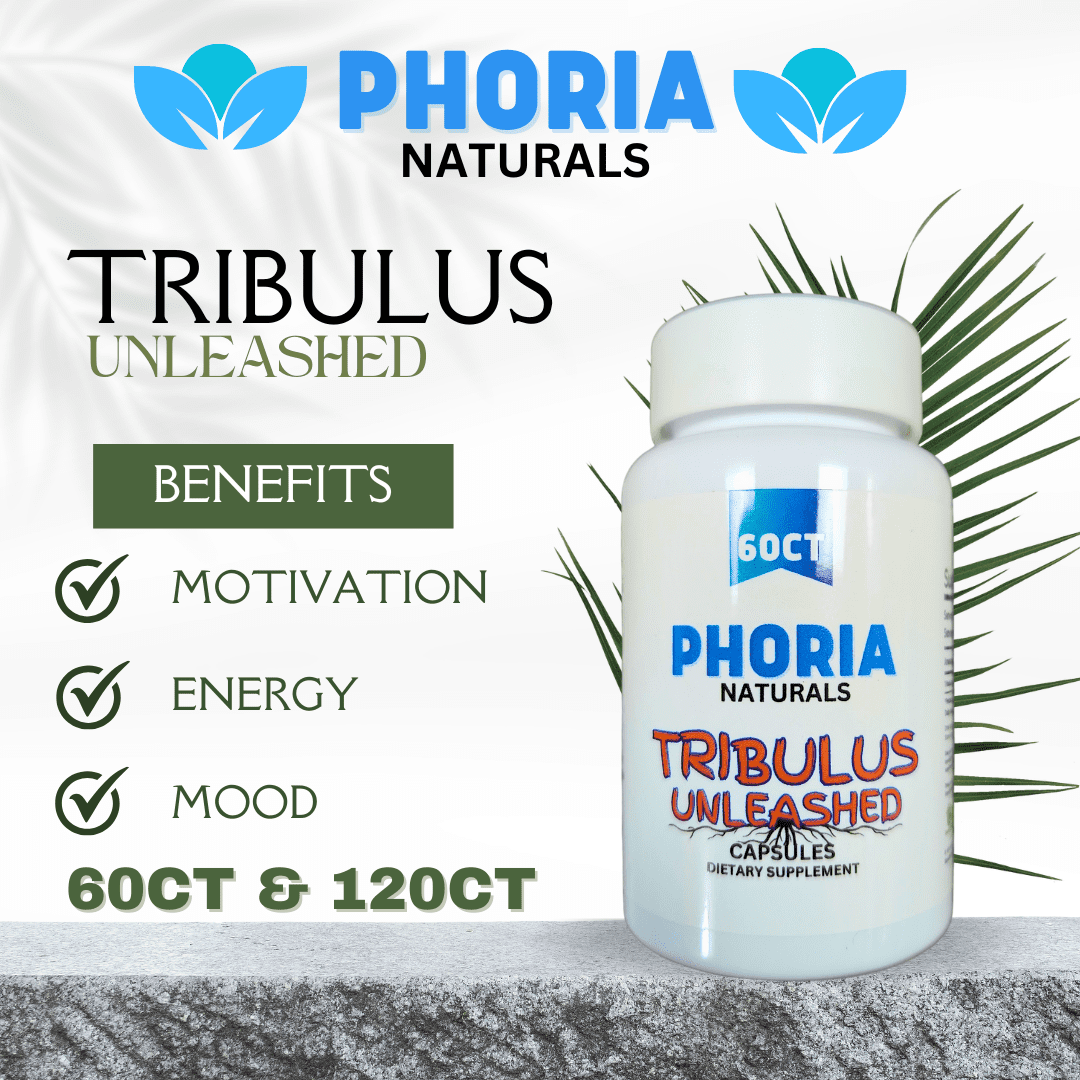
Conclusion: Low Testosterone Symptoms
Low testosterone levels can be frustrating and impact your quality of life. However, by understanding what causes low testosterone in young males, you can take steps to address the issue. If you’re experiencing symptoms of low testosterone, talk to your doctor about getting tested and exploring treatment options.
By taking care of your health and making lifestyle changes, you can improve your hormone levels and feel better both physically and emotionally.
FAQs
How can I tell if I have low testosterone?
How is low testosterone diagnosed?
Can low testosterone be treated?
Are there any natural ways to increase testosterone levels?
Is low testosterone dangerous?
Related Articles:
Meet The Author


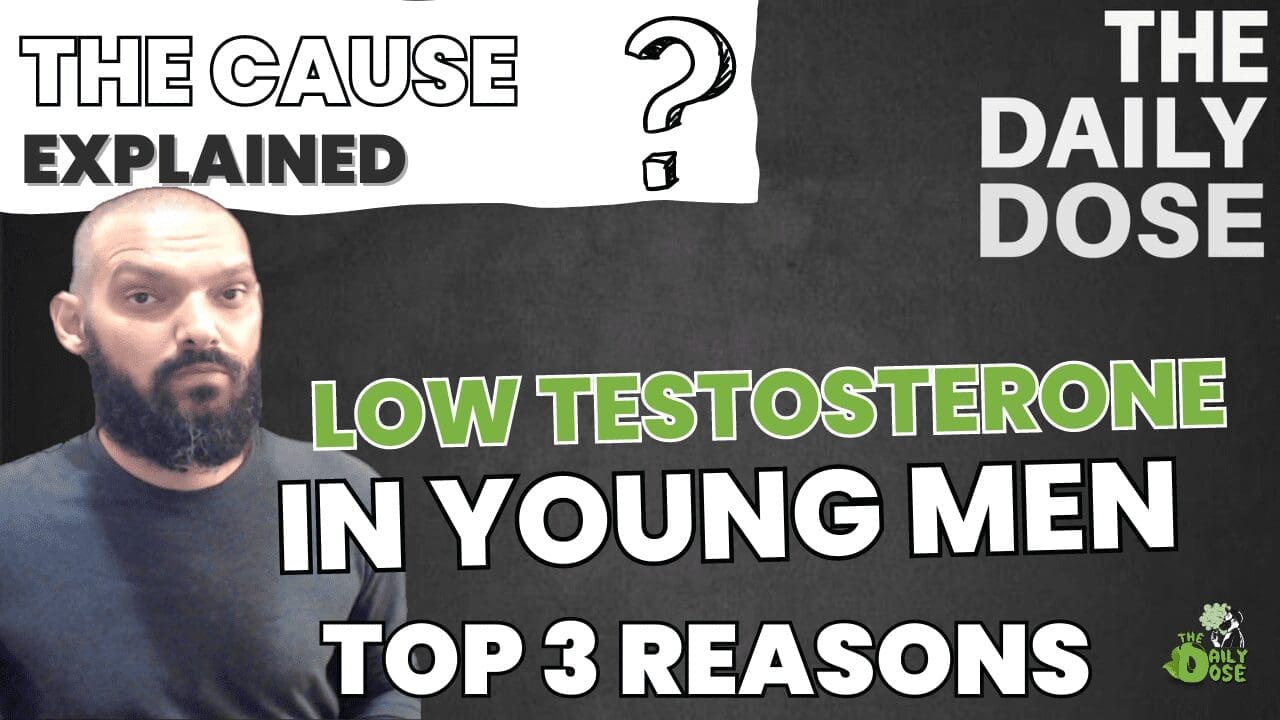
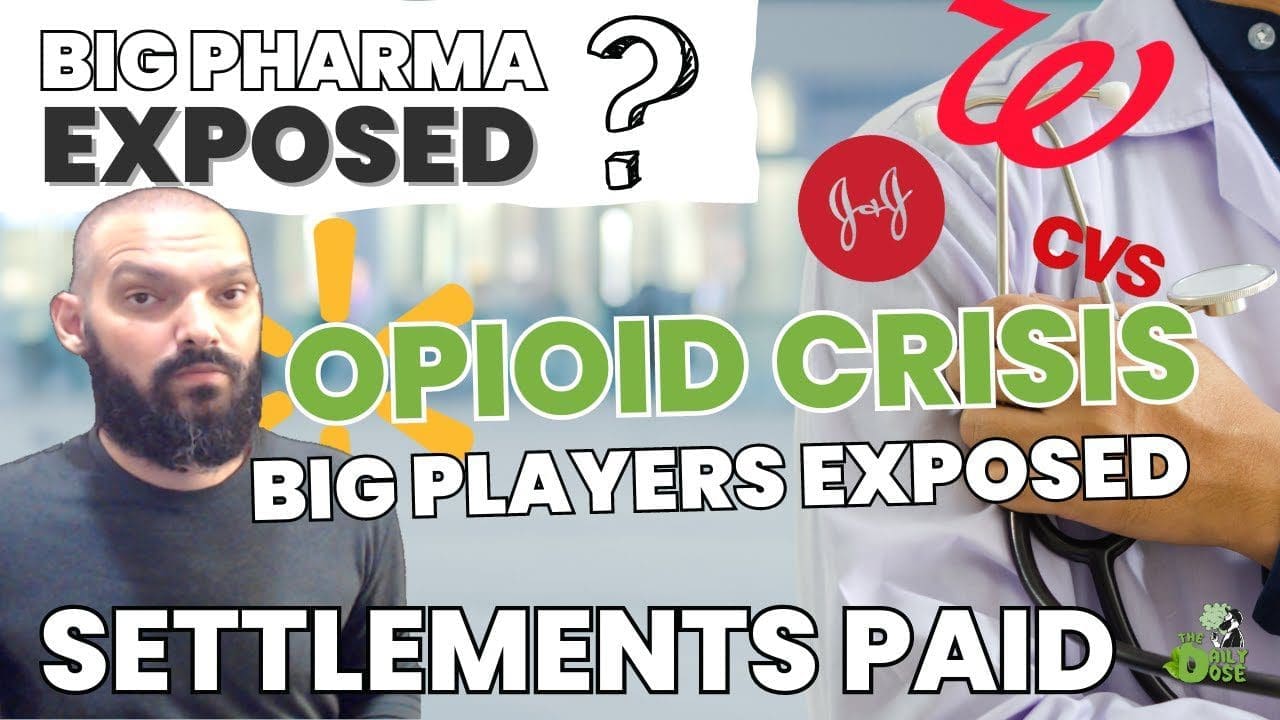
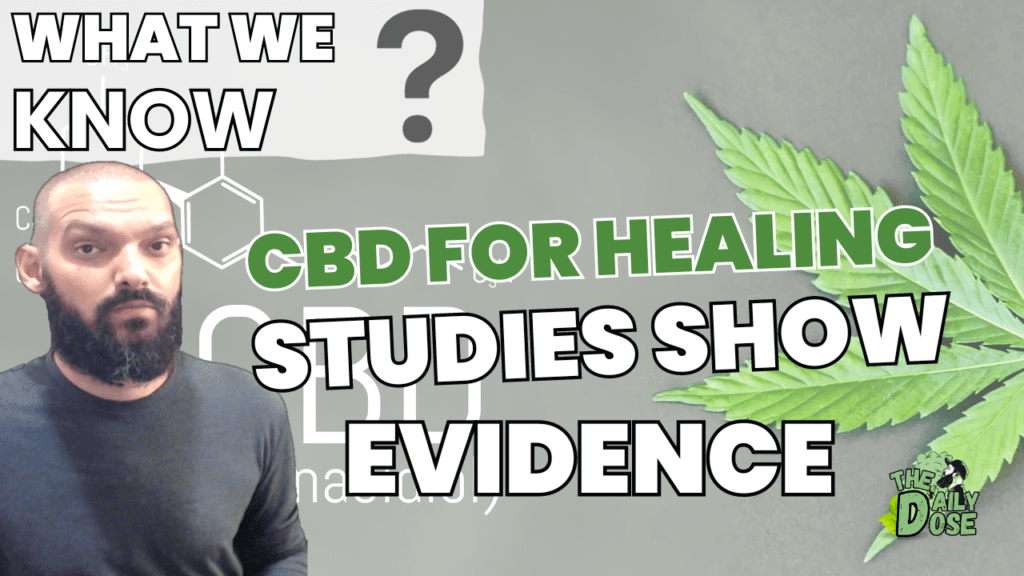
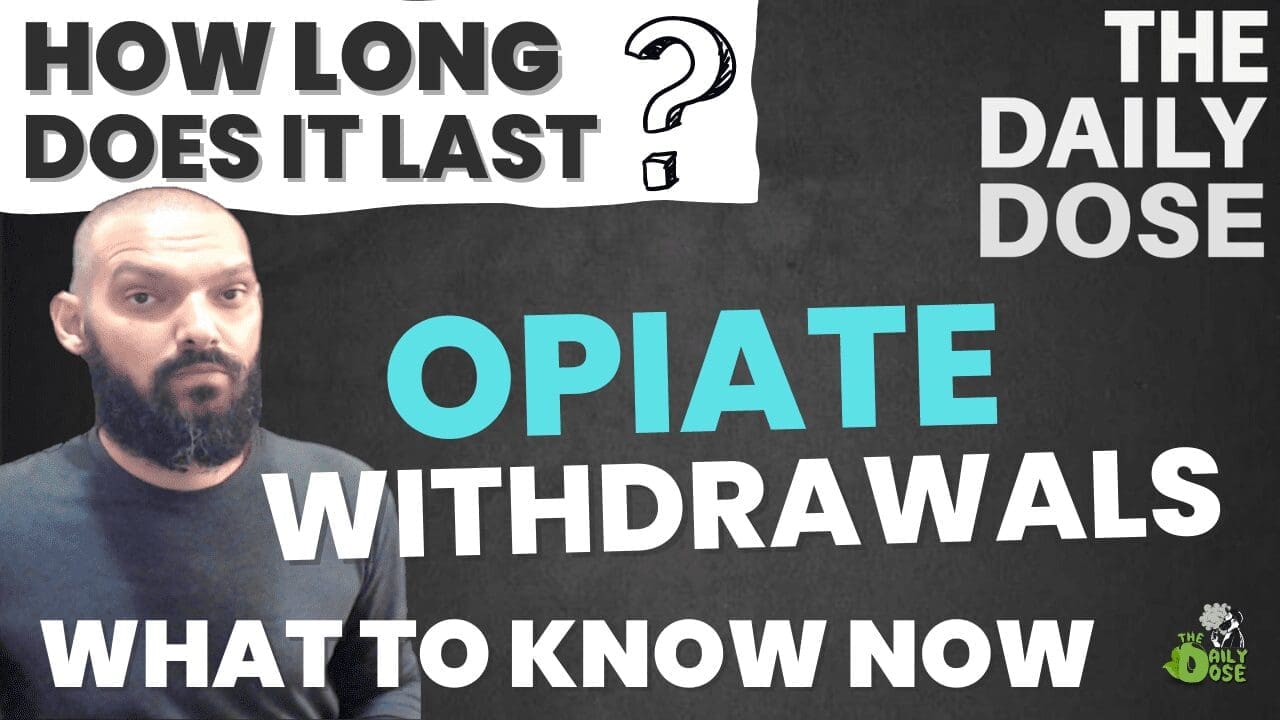
We enjoy reading your blog! Your distinctive perspective and authentic voice are game-changers in the world. Keep sharing, because your words make a difference. Thank you for being yourself!
Thanks – TheDogGod